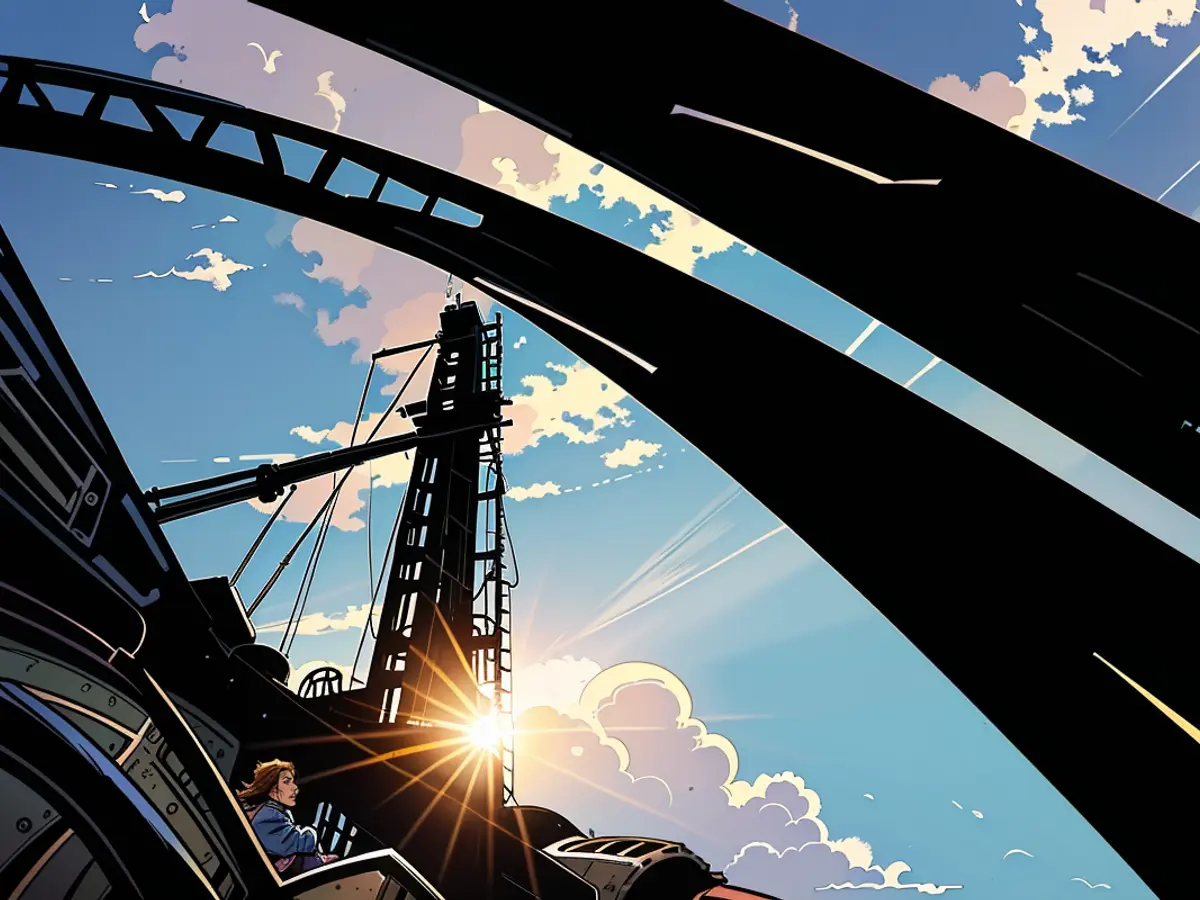Removing salt - A potash mine in northern Thuringia might become a reality.
Based on the analysis of Babette Winter, the managing director of Südharz Kali, the establishment of a potash mine in Nordthuringia is a viable option. The Thuringian State Administration's positive opinion on the project is a positive sign, Winter stated on Friday in Erfurt. "In essence, this decision indicates that an industrial venture like a potash mine can be carried out in this region." South Harz Kali and their Australian parent company, South Harz Potash, intend to mine potash in Bernterode-Schacht in the Eichsfeld for use in fertilizer production.
Winter noted that the State Administration's preference for mining and further processing and shipping in Leinefelde over conflict potential is a logical decision. Economic factors were not taken into consideration in the administrative decision. This choice provides the company with stability in its planning.
The Chamber of Industry and Commerce Erfurt applauded the positive evaluation of the mining project. Thuringia must attract industry and provide desirable training and employment options in competition with other regions. "The project can contribute to this," said Chamber CEO Cornelia Haase-Lerch.
Nonetheless, there is opposition to the large-scale endeavor from citizens and organizations in the Eichsfeld. Winter promised to provide more consultation opportunities for the local population regarding the controversial mining project. The Thuringian League for Environment and Nature Conservation (BUND) is calling for the abandonment of potash mining. The local environment would be greatly impacted by the need to consume up to 75 cubic meters of water per hour nonstop.
Südharz Kali submitted four different proposals for the spatial compatibility assessment. The completed spatial compatibility review reveals that the company must satisfy multiple requirements at the Bernterode site. This includes maintaining a certain distance from residential buildings, the height of the plant's structures, and integrating an interim storage facility into the landscape. Approximately 1500 citizens and organizations participated in the comment period, and roughly 2000 citizens and organizations signed petition lists.
Numerous locations in Northern Thuringia have a rich history of potash mining, which was frequently closed down after reunification.
Read also:
The proposed potash mine in Northern Thuringia, specifically in Bernterode-Schacht, is located within the Eichsfeld region. Leinefelde was considered as an alternative location for mining and further processing, but the company chosen the former due to stability in planning. Despite the positive evaluation of the mining project by the Chamber of Industry and Commerce Erfurt, opposition from local citizens and organizations in the Eichsfeld exists.








